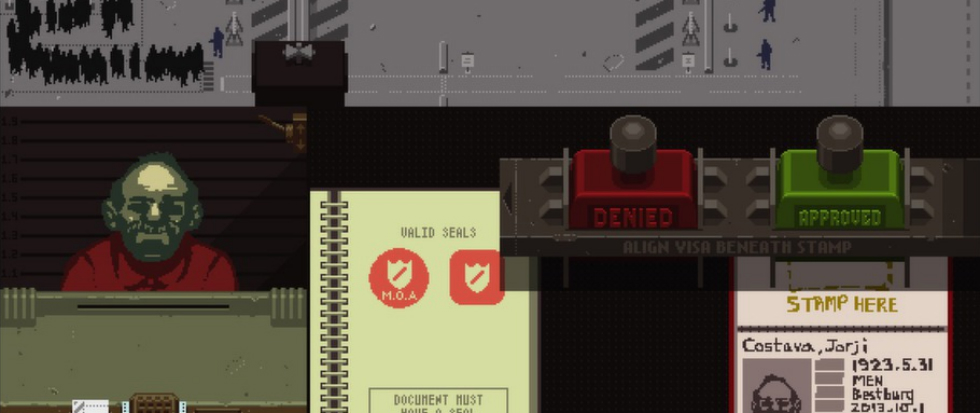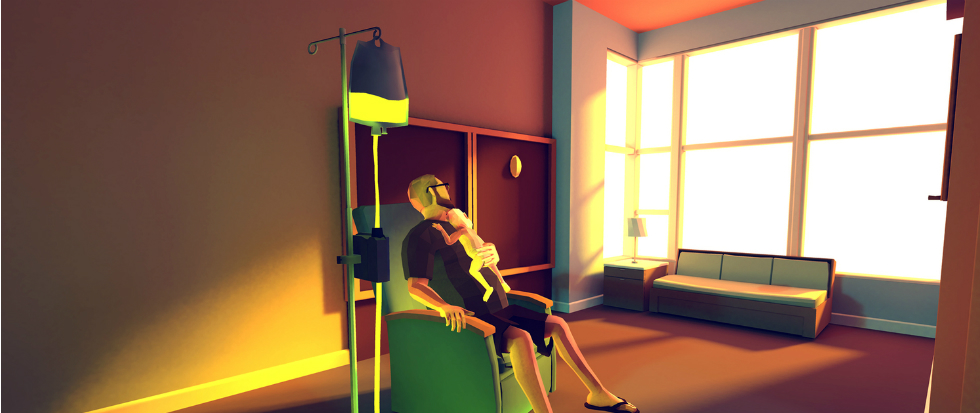
Games Need To Grow Up
Consider this: the average gamer is around 35 years old, which is 9 years older than the average age for a first pregnancy, and yet the number of games that broach the subject of raising a family is practically zero. Sure, we’ve got The Sims, but that’s more about watching families raise themselves than actively participating in the process. You guide the parents to work and the kids to school, you furnish their house to facilitate their needs, you even decide who they should be friends – and more – with, but that’s not the same. You play the family’s conscience, rather than the family itself.
Where are the games that challenge you to care for a baby – to learn how to heat a bottle to the right temperature, to determine the difference between a cry for help and a cry for attention, to figure out the bedding routine that will grant you a hearty 4 hours of sleep? I’m not talking about the Tamagotchi-esque browser games that have you tapping on Food and Hug buttons to raise an explicit happiness meter, the ones that are effectively a baby-themed skin slapped on a generic time-management formula. We need games that focus on the embodiment of being a parent rather than just the aesthetic. Putting a baby to bed should be an involved, nebulous task, one that only gets easier with experience, not by buying more expensive cribs.
And what about the challenges of childhood and the ardour of adolescence? Raising a kid through precocious prepubescence and the rebellious teenage years would lend itself readily to fascinating gameplay systems and narrative predicaments. How late should a ten-year-old be allowed to stay up? What’s the right amount of allowance to give them, and at what age should it be cut off to incentivise finding a part-time job? Is it okay to sneak a look at your kid’s phone to make sure they haven’t been lying to you?
For some people, juggling bills and dividing time between work, family, and fun might not sound like a particularly compelling virtual experience, and that’s okay. Not all games have to fit the conventional definition of ‘fun’; just look at the passive serenity of Proteus, the oppressive doctrine of Papers, Please, the raw economics of AdVenture Capitalist.
Games can be about evoking mood or inspiring self-reflection, their purpose to illuminate rather than entertain. Through games, we can live more than one life, seeing the world from perspectives we would otherwise have never known. Whether having a family is a present concern or not, we would all benefit from more opportunities to play the parent in the safety of the digital domain. We like to claim that our industry has matured beyond its juvenile origins, and what is more mature than taking on the responsibility of raising the next generation?





